
Ars Electronica Festival
-
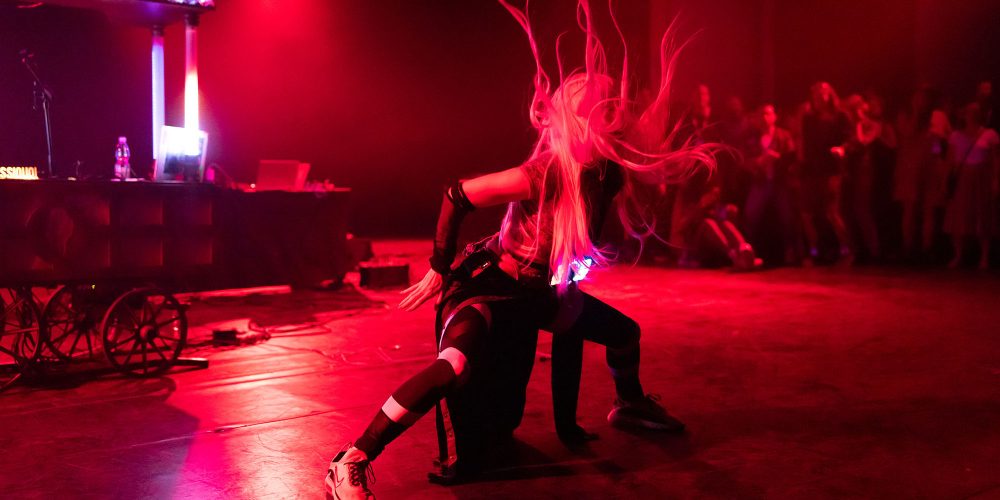
Back in POSTCITY and through downtown Linz: That was the Ars Electronica Festival 2023!
Five days full of exhibitions, performances, lectures and events are behind us – in the unique location of POSTCITY and at 13 venues in downtown Linz.
-
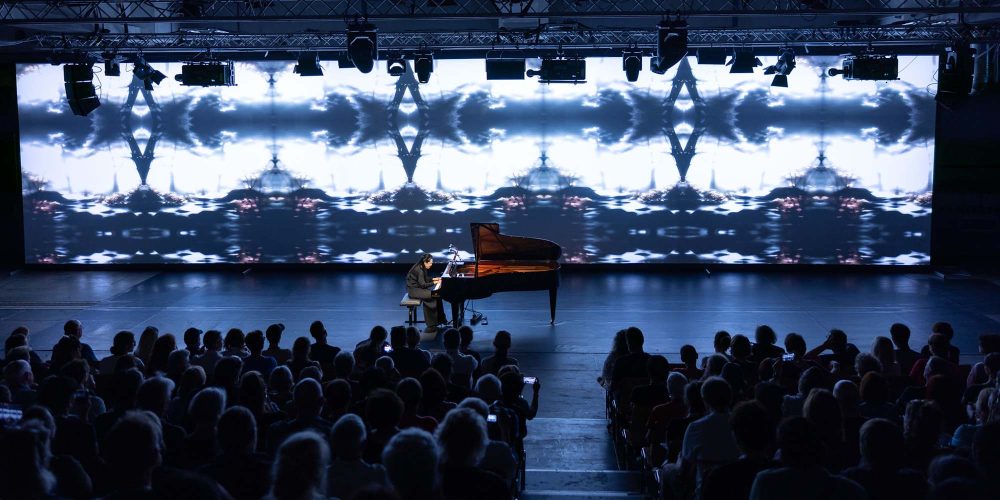
Media Art Galore on Day 5: Prix Ars Electronica Day
It wouldn’t be Ars Electronica if art didn’t have the last word…
-
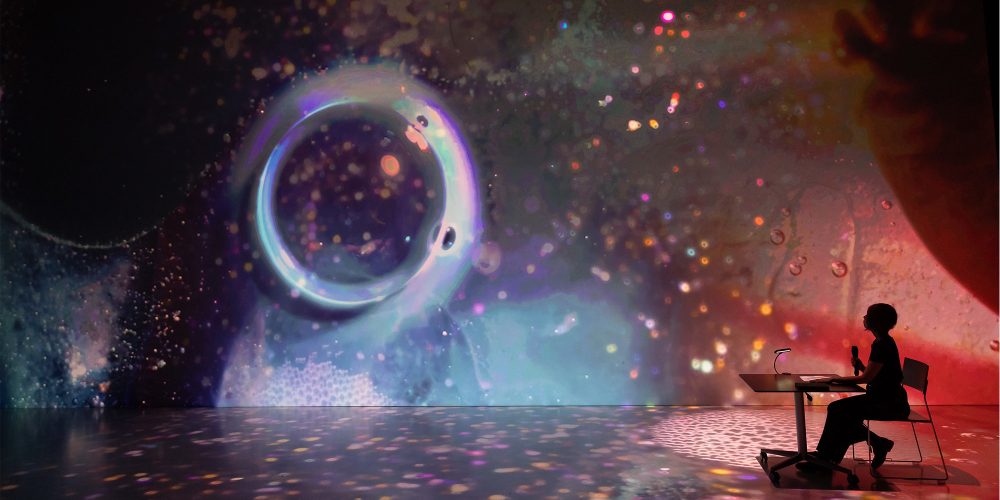
Dare-the-Truth Day: Day 4 of the Festival in Pictures
Accepting an inconvenient truth was what Day 4 of the Ars Electronica Festival was all about.
-
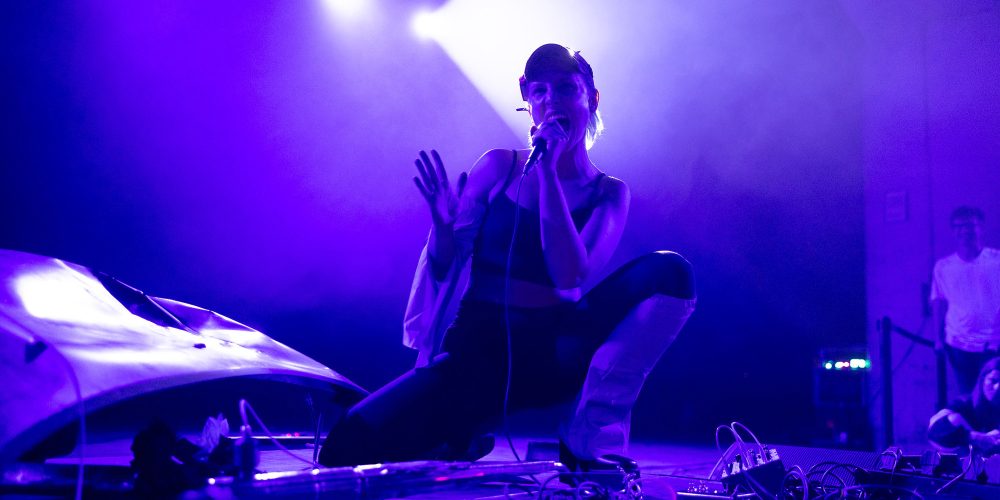
Visual Highlights of Day 3 of the Ars Electronica Festival
This was Day 2 of the Ars Electronica Festival 2023 -S+T+ARTS Day – in pictures!
-
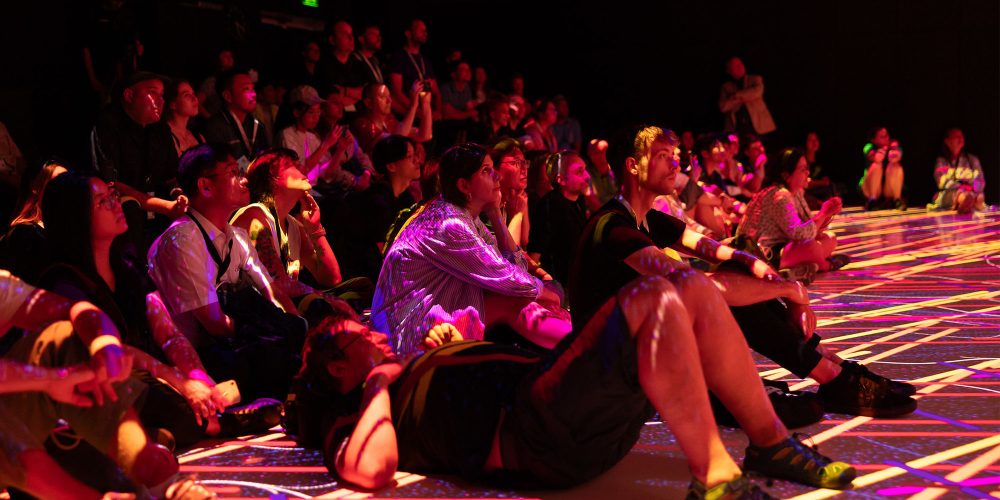
Visual Highlights of Day 2 of the Ars Electronica Festival
This was Day 2 of the Ars Electronica Festival 2023 -S+T+ARTS Day – in pictures!
-
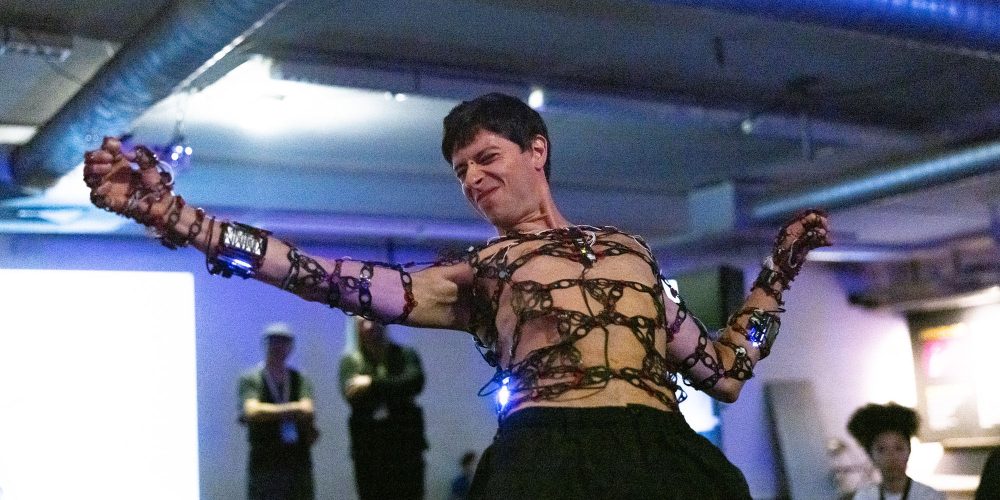
Ars Electronica Festival 2023 – Right in the Middle
These are just the impressions of the first two days, and there are so many more to come.
-
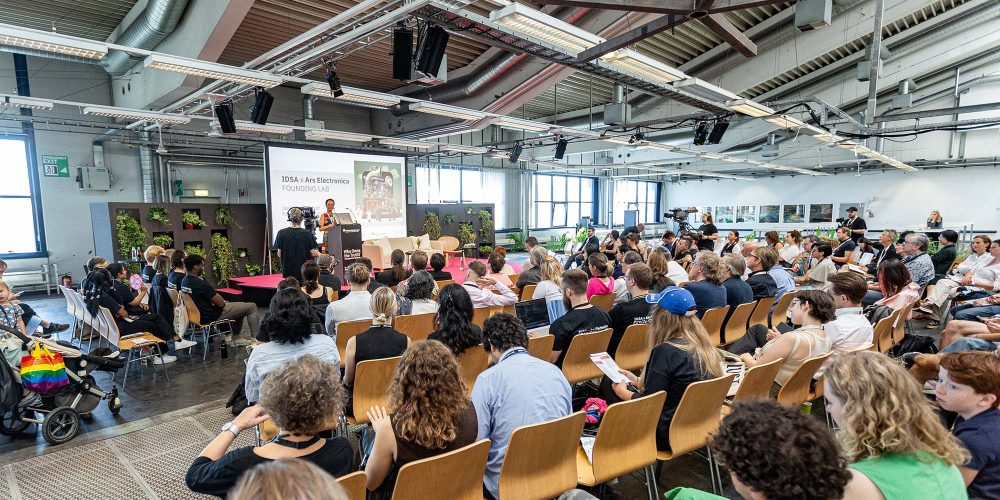
A New University Starts – FOUNDING LAB
As kickoff event of the FOUNDING LAB Forum and insightful reflection on the FOUNDING LAB Summer School, this conference provides an initial impulse for the direction that the brand-new university will take.
-
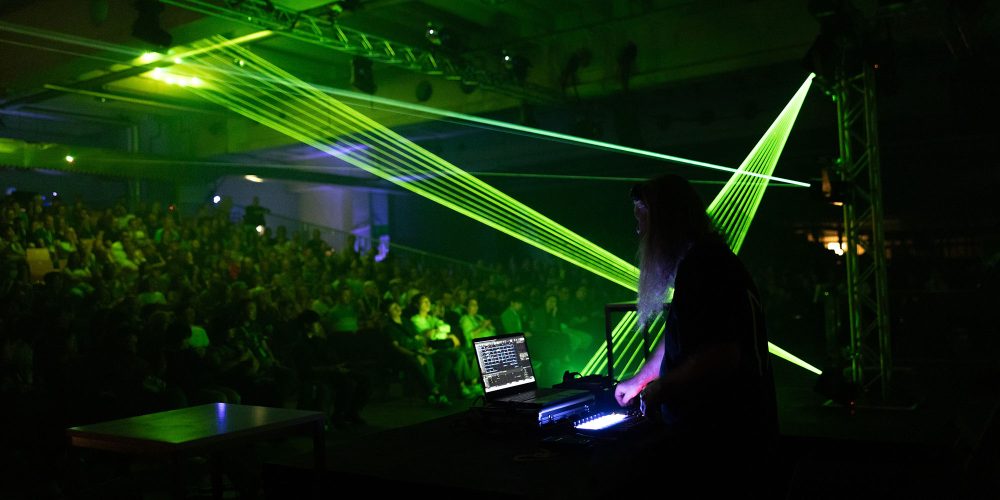
Day 1 of the Ars Electronica Festival in pictures
This was Day 1 of the Ars Electronica Festival 2023 – Education Day!
-
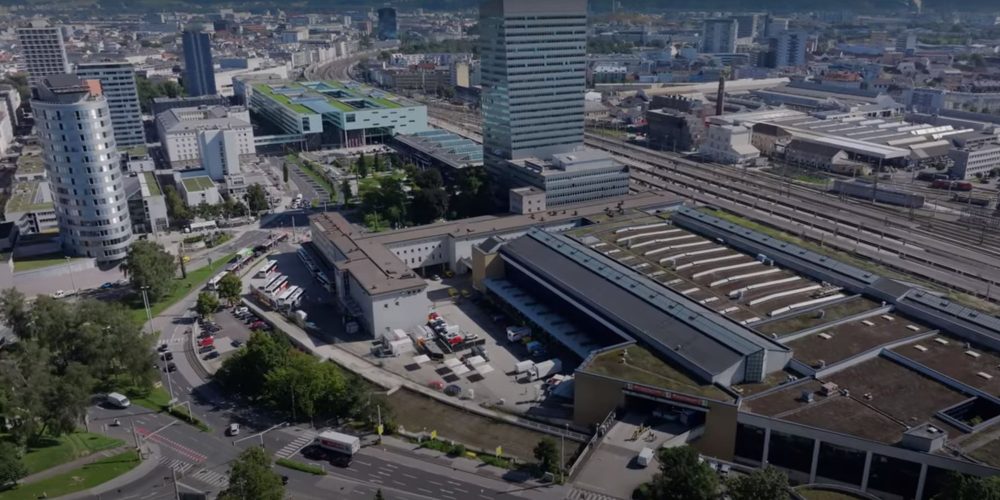
Ars Electronica Festival 2023 – Setup
Tomorrow is the big day! The Ars Electronica Festival 2023 will open its doors.
-
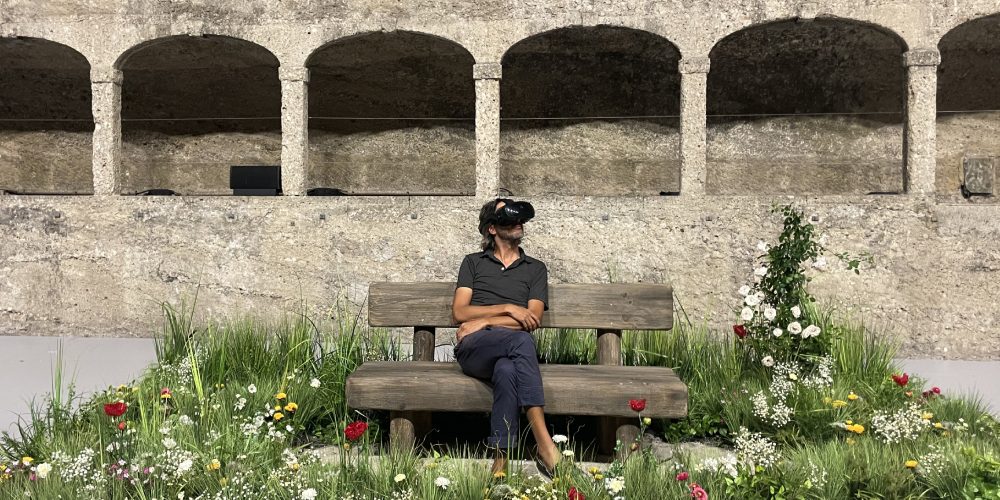
Theater magic reimagined: Premiere of „Faust 2023“
Salzburg Festival and Ars Electronica Futurelab invite you to experience Max Reinhardt’s famous „Faust“ in a new way, using VR.
-
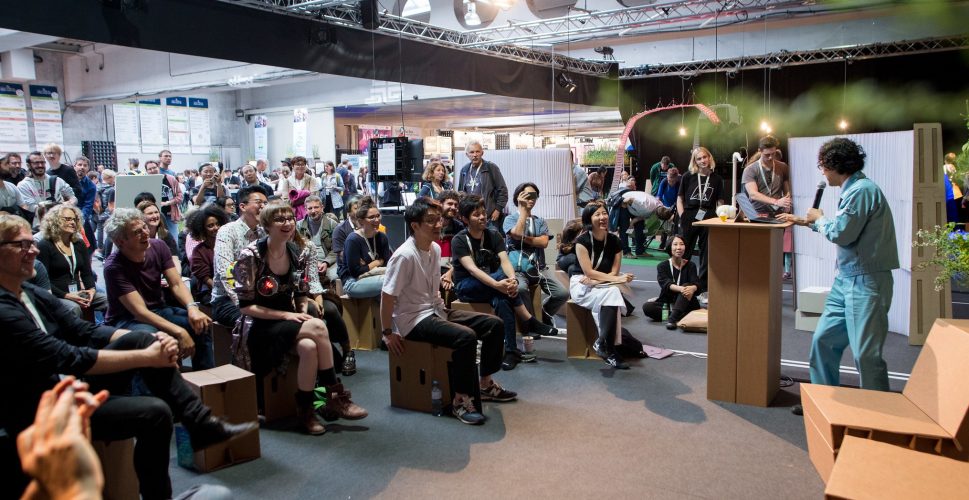
The Open Futurelab invites you: Get active for new hope
Re-experience technology as a social tool and discuss “What are the Futures?” – with the Futurelab at the Ars Electronica Festival.
-
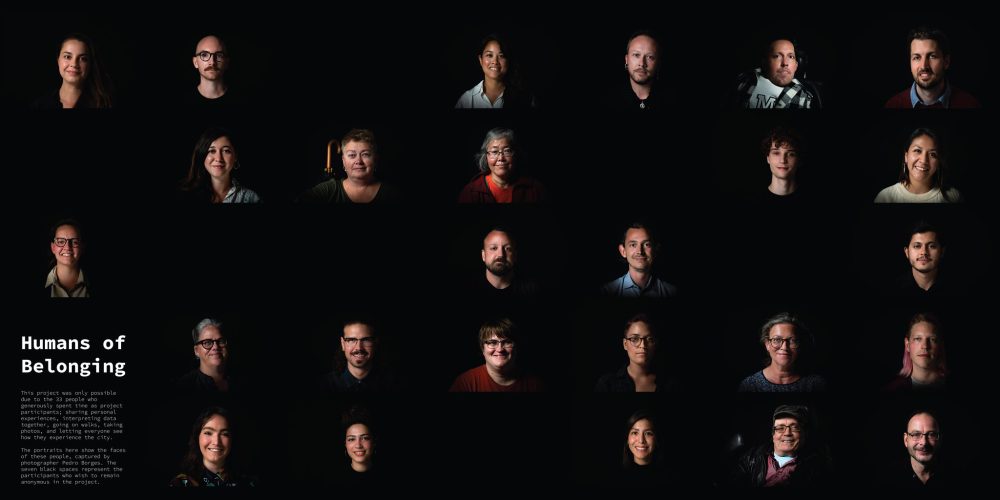
The Urbanists
Cities can be planned on the computer, but they can also be heard, smelled, tasted and felt. In the best case, they are there for everyone.
-
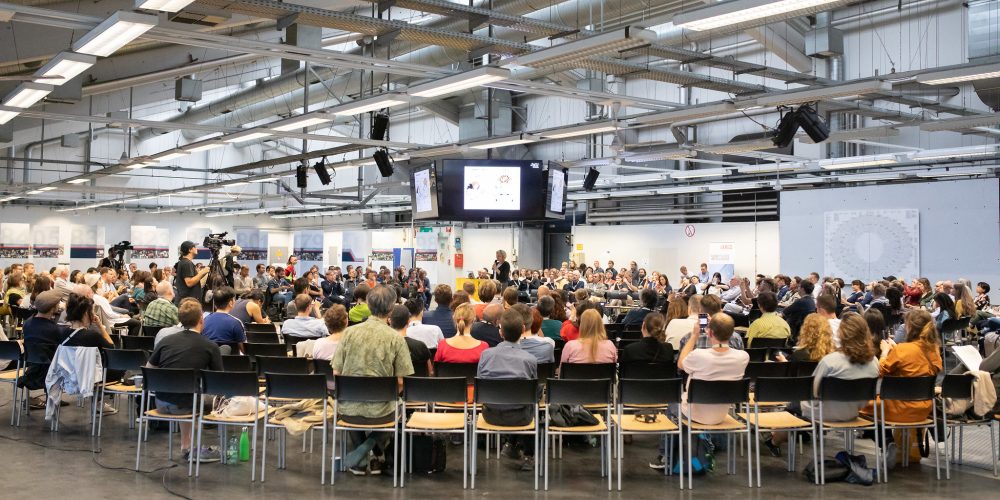
Discussing Truth in a Digitized World
The conferences held during the Ars Electronica Festival bring international personalities on stage to examine contemporary issues from a range of perspectives.
-
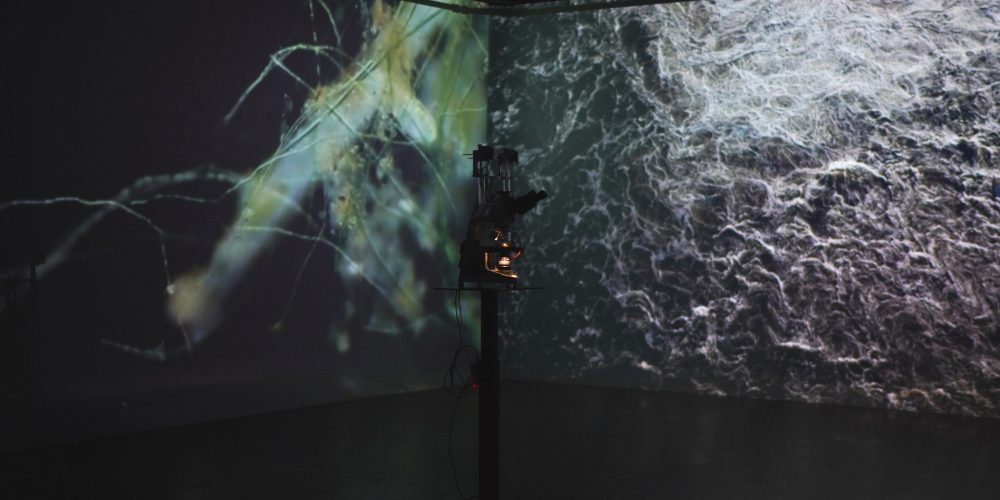
(Co)Owning More-than-Truth: on a Quest for the Truth
The Theme Exhibition of Ars Electronica 2023 invites you on a journey between truth, reality and shaping the future.
-
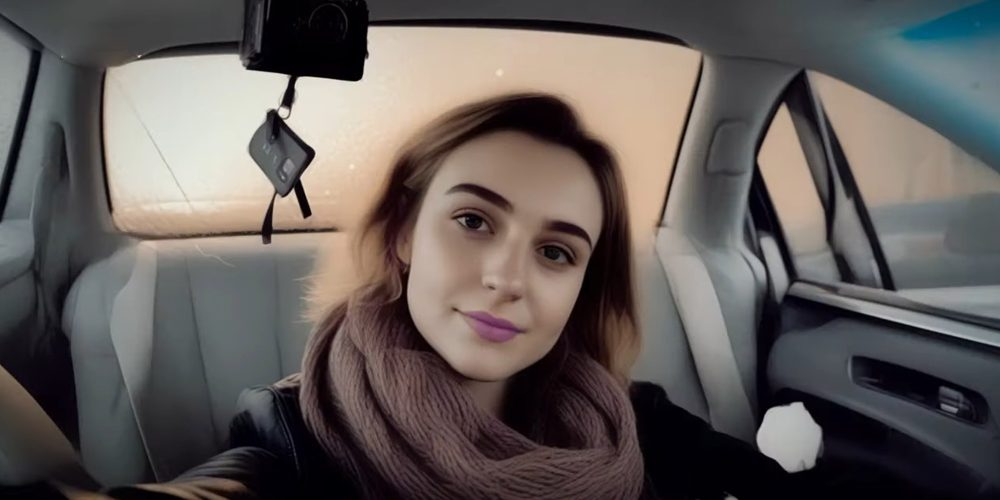
Who Owns the Truth? – Part 3
The third part of the festival trailer shows us how difficult it has become to distinguish between truth and untruth in our information society.
-
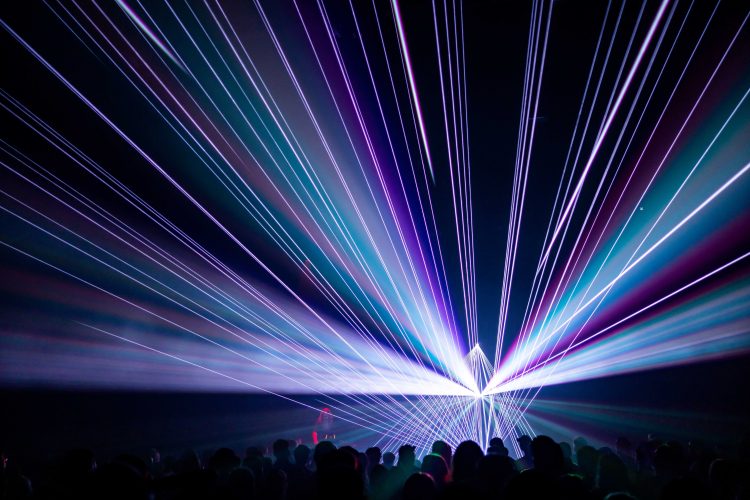
Musical Visions of the Future during the Ars Electronica Festival
Whether visionary ideas or virtuoso pieces of music – there is something for everyone among the concerts and performances at the 2023 Ars Electronica Festival.
-
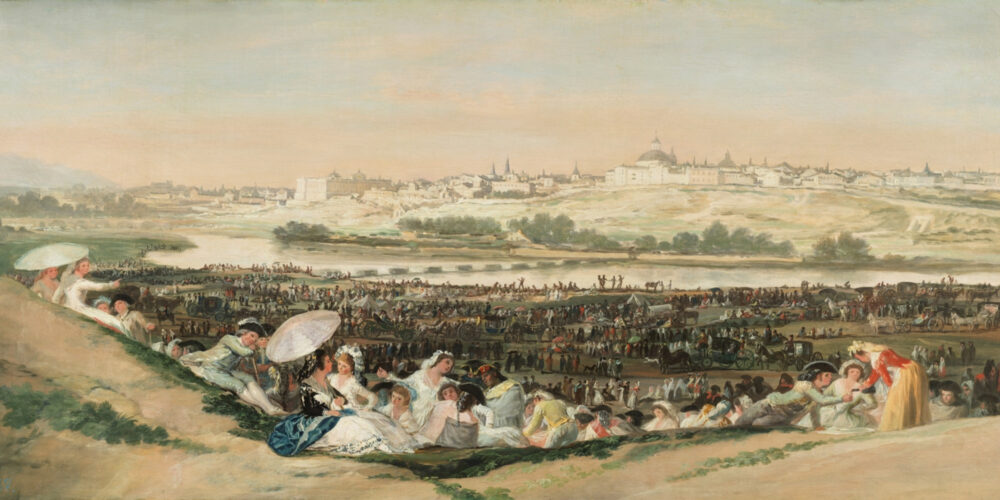
Masterpieces of the past and a journey through Venice
What do artists like Picasso, da Vinci, Goya, Santos and the city of Venice have in common? – They are part of our Cultural Heritage program and can be admired during the Ars Electronica Festival.
-
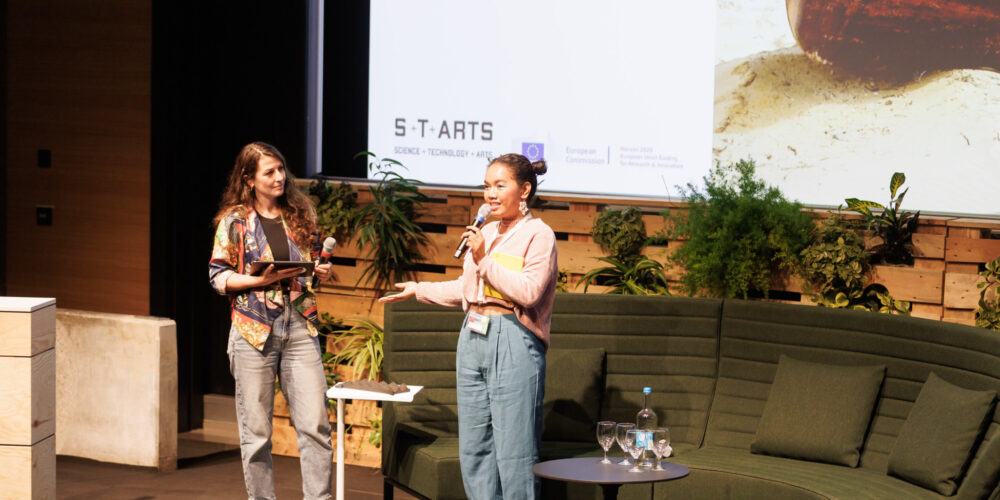
Creating New Paths Together – The Next Renaissance
Jointly shaping a sustainable and innovative future with art and technology – the European initiative The Next Renaissance seeks to offer thought-provoking ideas for this journey.
-
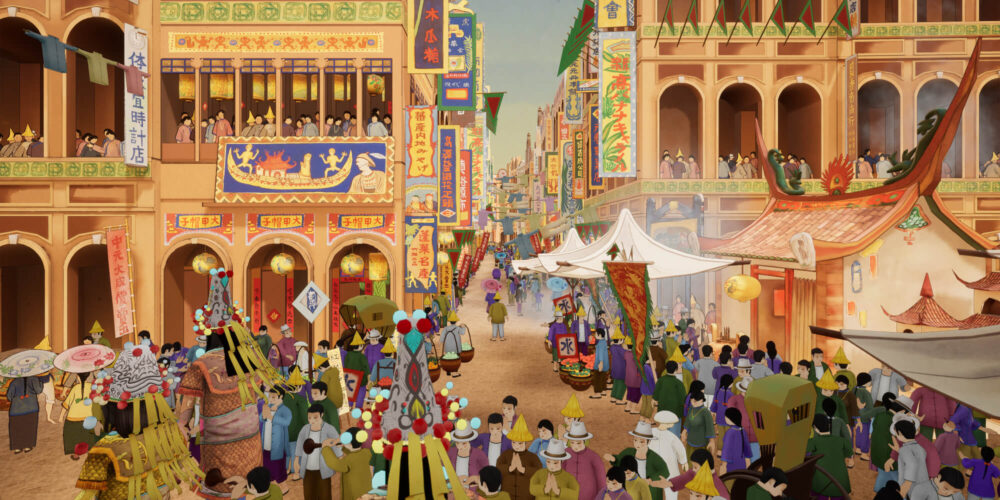
Crossing Boundaries: Taiwan’s Presence at Ars Electronica
During the Ars Electronica Festival 2023, a special focus lies on Taiwanese art and its creators who look at internationally relevant topics from their life situation.
-
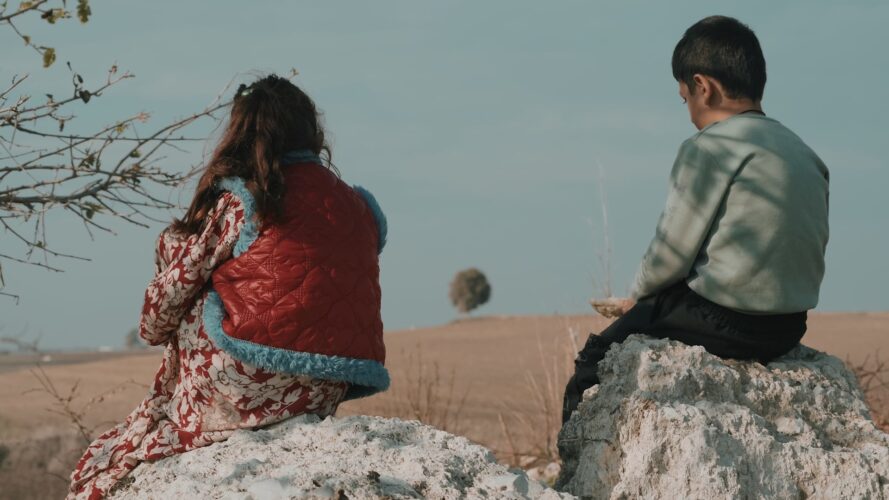
State of the ART(ist): Creative Freedom in Risky Times
As last year, State of the ART(ist) 2023, now with a broader focus, aims to provide visibility to artists in precarious situations.
-
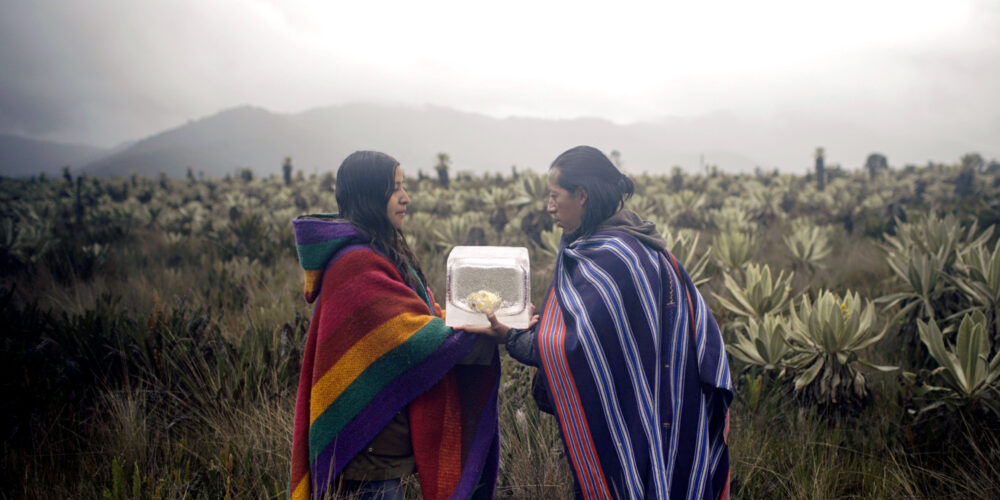
From Ownership to More than Planet
Exploitation and destruction as a mortgage for the next generations? “More-than-Planet” unites several festival projects that want to question and revolutionize the way we deal with nature.
-

create your world between unpleasant truths and pointless dares
create your world shows, as every year, thoughts and ideas of children and young adults and offers the opportunity to experience, experiment and research.
-
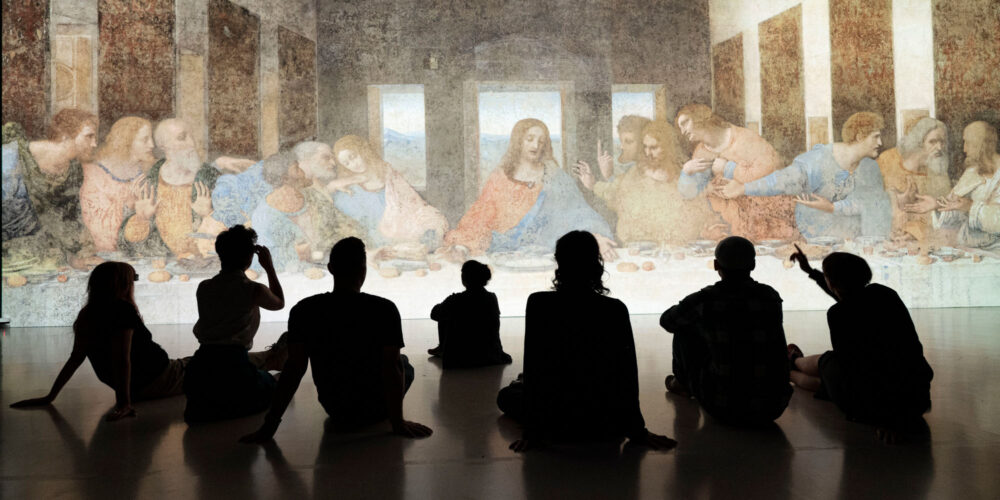
Deep Space 8K: These are the Programme Highlights of the Festival
Powerful visual experiences, inspiring lectures and impressive performances – we reveal the programme highlights in Deep Space 8K during the Ars Electronica Festival 2023.
-

Embracing Circular Creativity: Enter the Transformation Lounge
The Transformation Lounge offers a space for discussion and introduces innovative approaches of companies to tackle global challenges and move forward to a more sustainable future.
-
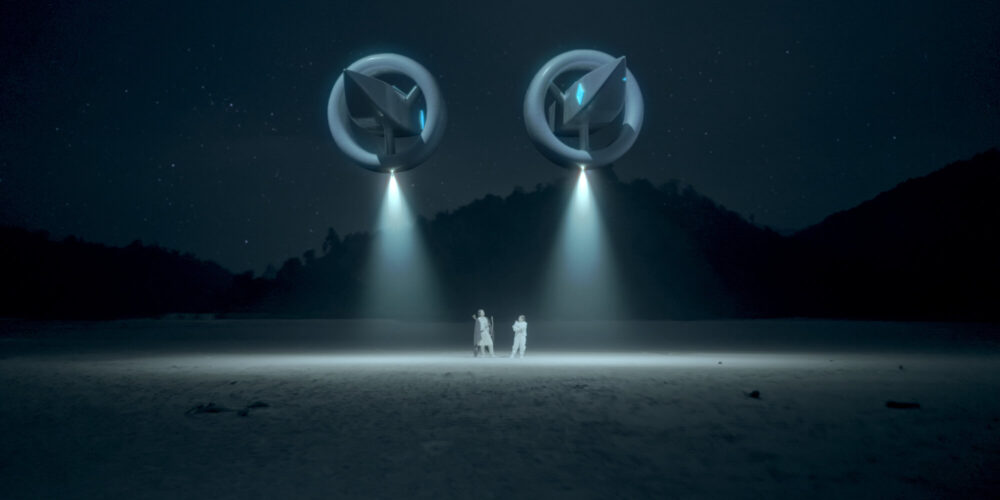
The 5th VH AWARD: Future of Asia and Future of the World
With the 5th VH AWARD, futuristic film projects by Asian media artists will once again come to Linz in 2023 and can be experienced during the Ars Electronica Festival.
-

CIFO x Ars Electronica: Latin American Narratives and Creative Approaches
A fresh perspective on media art and on tackling global challenges will once again be brought to the Ars Electronica Festival in Linz in 2023 by artists from Latin America.
-
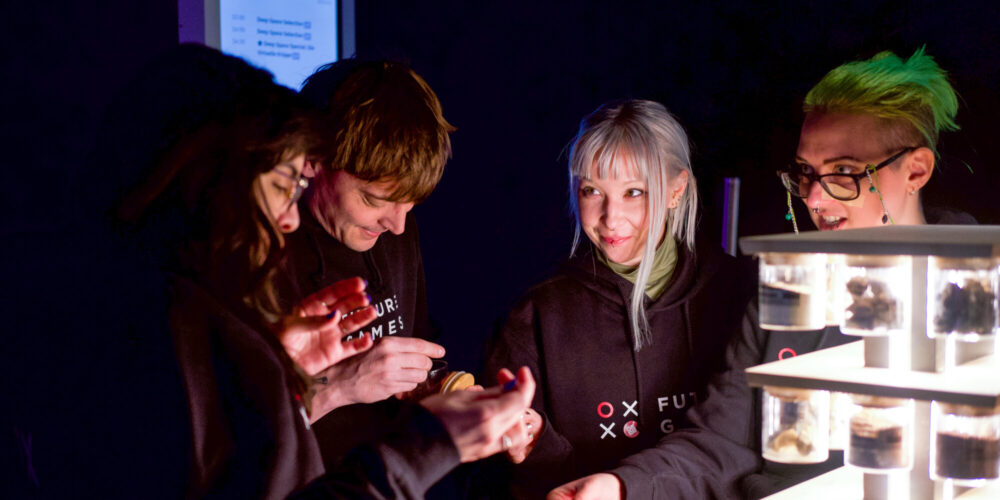
Ars Electronica: a European Platform for Digital Humanism
Within the framework of the European Platform for Digital Humanism the Ars Electronica Festival 2023 will once again display works created in collaboration with partner organizations and realized with funding from the European Union.
-
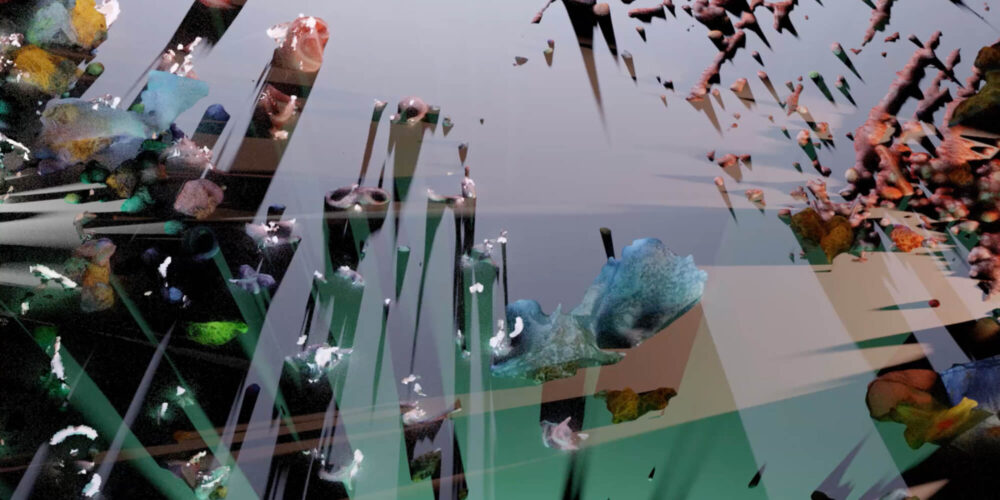
Swiss Artworks in the Spotlight
One focus of the Ars Electronica Festival 2023 is the representation of Swiss artists who will be present in Linz in the form of innovative projects as well as in person.